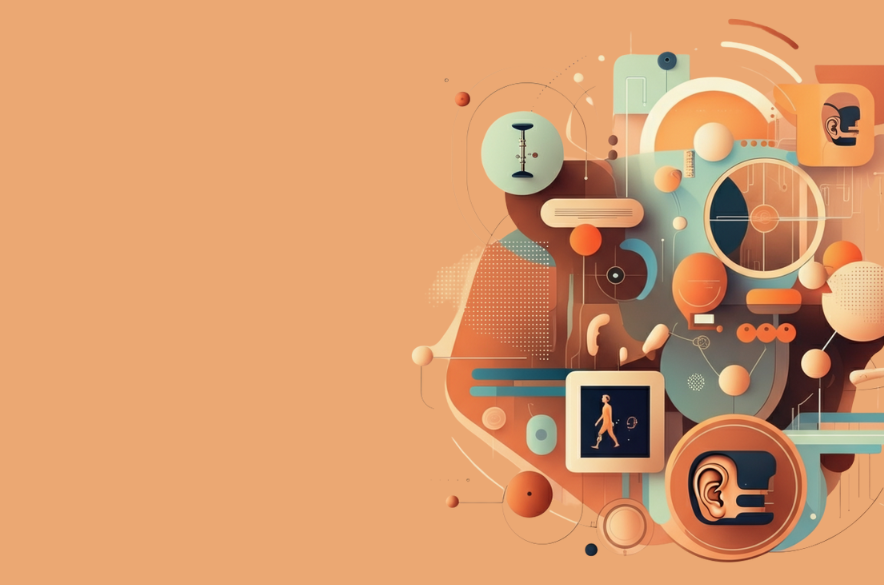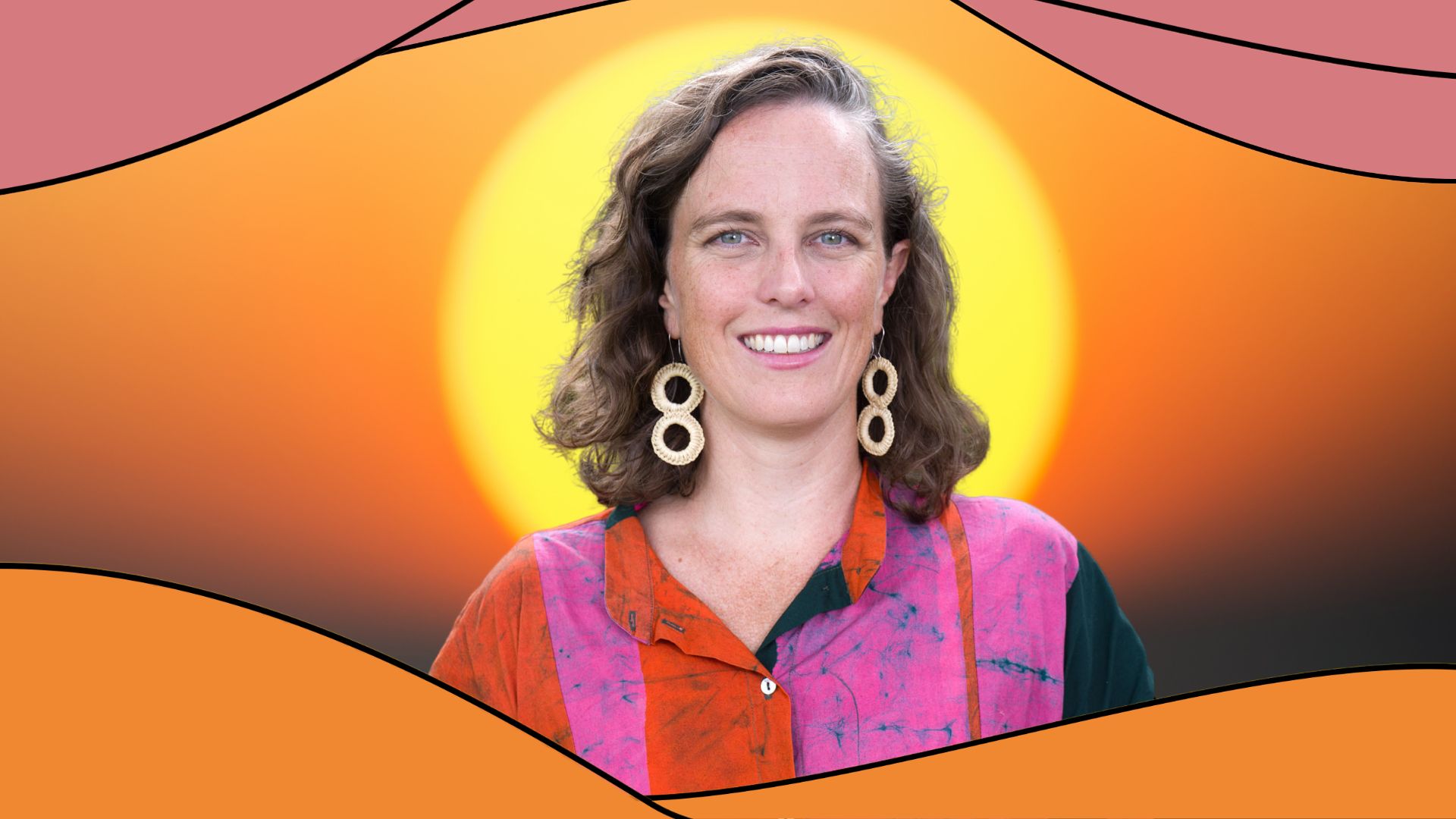Written by Pete Horsley, Founder of Remarkable
In 2016, we knew we were onto something.
While the world was buzzing about AI, quantum computing, and blockchain, we believed disability was the next big driver of innovation. Disability has been a hidden force behind much of the technology we use every day, and yet it remains one of the most underserved global markets. This presents an incredible opportunity for innovation and investment.
Let me explain.
The Untapped Market
Consider this, between 1.3 to 2 billion people globally live with some form of disability.
That’s about 16% of the world’s population – 1 in 6 people – and people with disabilities are often called the “largest global minority.”
Now, here are three points that illustrate just how significant this market is:
- People with disabilities, along with their friends and family, have a combined global spending power of around $13 trillion annually. That’s over twice the size of the global e-commerce market.
- The absence of people with disabilities in the workforce results in a $2 trillion hole in global GDP.
- In low and middle-income countries, as few as 3% of people who need assistive technologies can access them.
Disability is something anyone can experience at any stage in life. In fact, disability is part of the human condition. The late disability rights advocate Judith Heumann coined the term “not yet disabled” to remind us all that we will likely experience disability at some point. By the time you’re over 60, there’s a 46% chance you’ll live with a disability.
Yet, when people create new technologies, accessibility is often an afterthought. A report from the World Economic Forum in 2022 revealed that only 4% of businesses focus on making offerings inclusive of people with disabilities.
We can’t afford to wait any longer.
A History of Innovation
When we launched Remarkable in 2016, we had a clear goal: to start investing in Disability Tech. At first, the journey was slow. We worked with startups through our accelerator program, helping shape their value propositions. Investors showed interest, but mostly in a way that felt patronising – praising us for our “inspiring work” without truly understanding the innovation potential.
What they missed is that disability has been a driving force for innovation for decades. Think about it – have you used speech-to-text, typed on a keyboard, or watched a video with captions recently? These innovations originated from the disability community. The keyboard? Invented to help a blind person write legible letters. Texting? Developed to enable communication between deaf people. Even podcasts and audiobooks were first created for blind readers.
The disability community has been at the forefront of innovation in everything from robotics to brain-computer interfaces. Companies like Neuralink and BrainGate are tapping into the brain for fast and efficient interfaces, starting with the disability community. Self-driving cars? These could revolutionise mobility for people with disabilities, and some of the earliest prototypes came from powered wheelchairs.
We’ve barely scratched the surface of what’s possible.
Changing Lives Through Technology
Remarkable isn’t just about funding tech; it’s about creating real change in people’s lives. I think about Alper, a man from Turkey who needed a solar-powered wheelchair to access jobs and a temple he wanted to visit. We connected Alper with the University of Virginia, and they co-created a solar-powered wheelchair. It wasn’t pretty, but it worked. Alper got his independence back, found a job, and changed his life.
But this was just one person. Now, we’re working to scale projects like these, supporting ideas from early stages to market-ready companies. We’ve invested time and money in around 130 companies, creating jobs and improving the lives of over 820,000 people globally.
These stories show how inclusive design doesn’t just benefit people with disability—it creates better solutions for everyone.
Join the Movement
At Remarkable, we’ve created programs designed to equip Disability Tech startups with the training, capital, and community they need to bring their innovations to life.
One of these programs (which is currently open to applications) is our Launcher Pre-Accelerator Program—an 8-week, online, part-time program for early-stage founders working in disability, health, or ageing tech. Want to hear from our Launcher alumni? Check out the video below!
You can learn more and apply for Launcher by visiting our website.
—
The original version of this blog post is available here.



